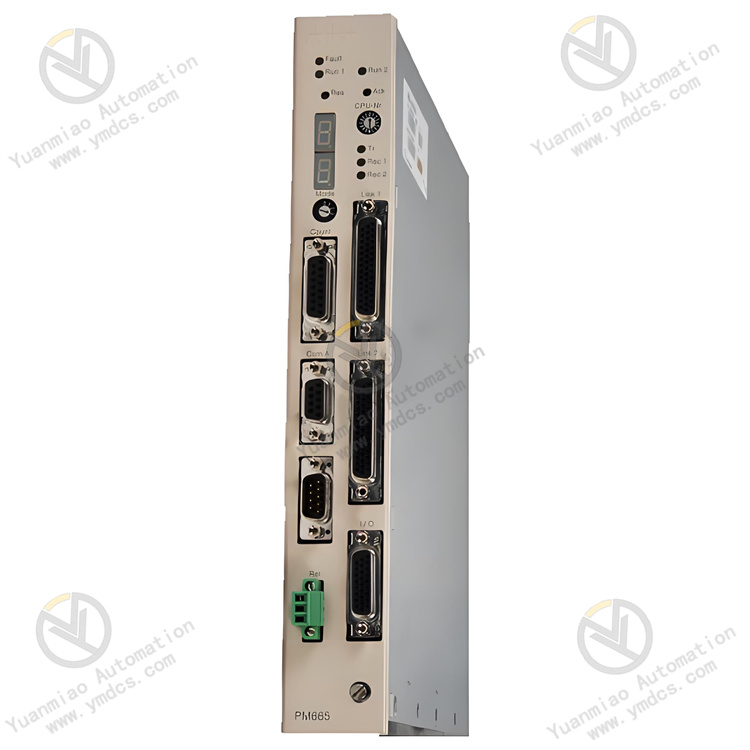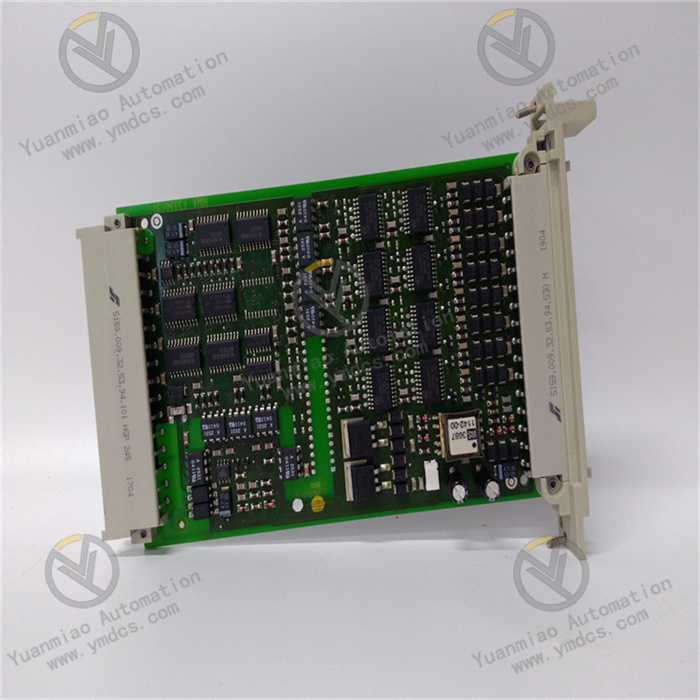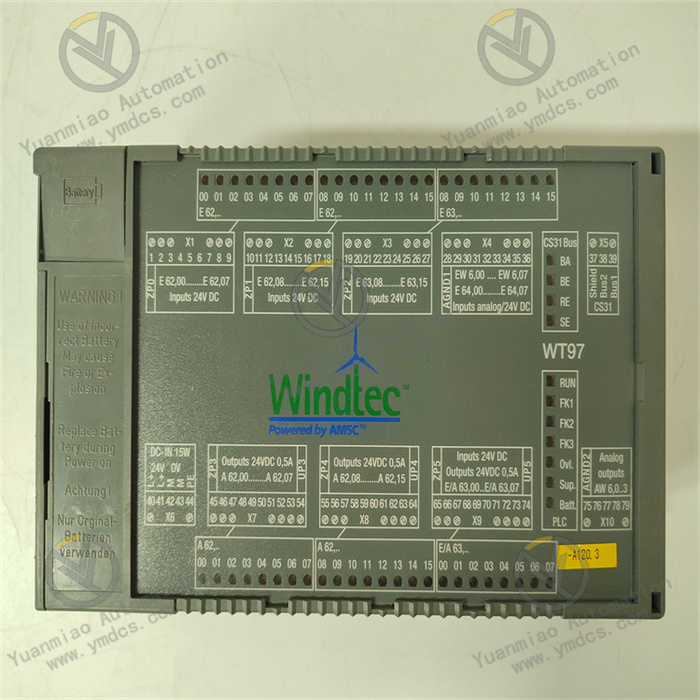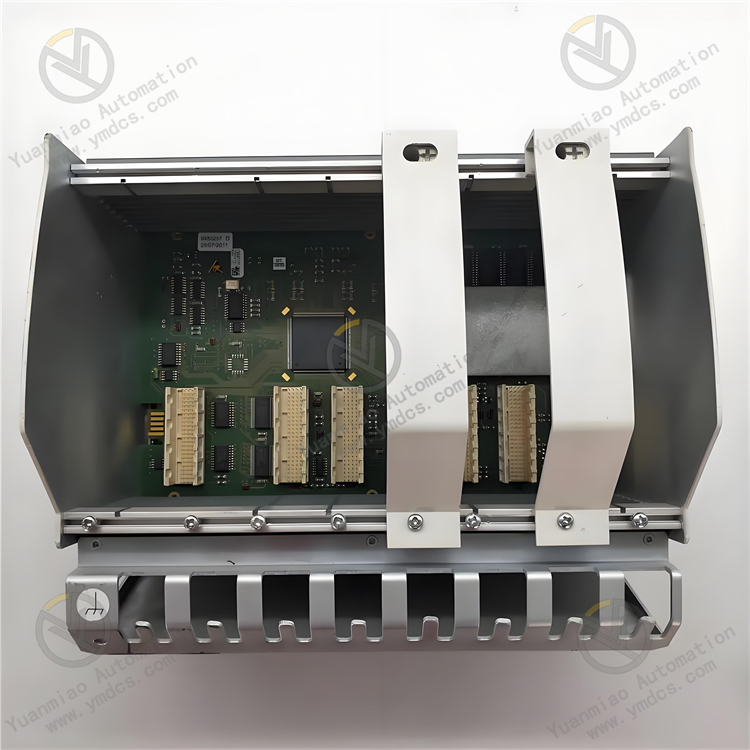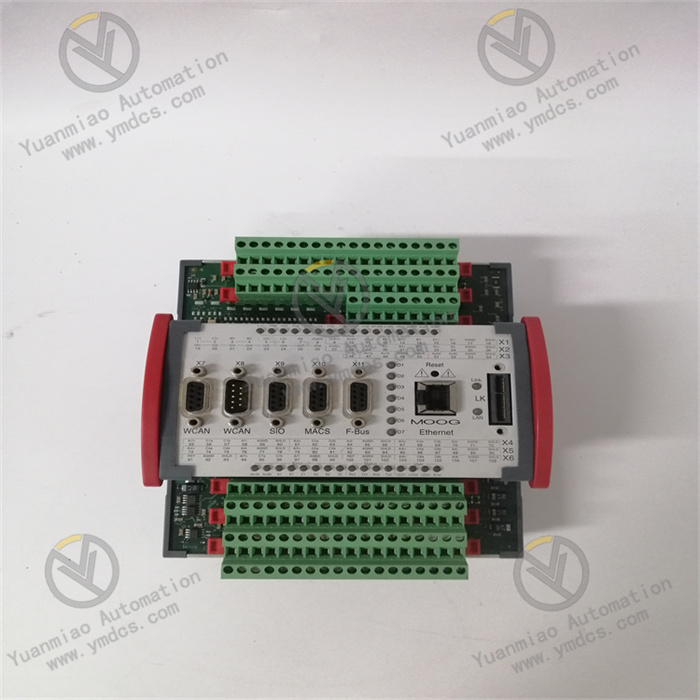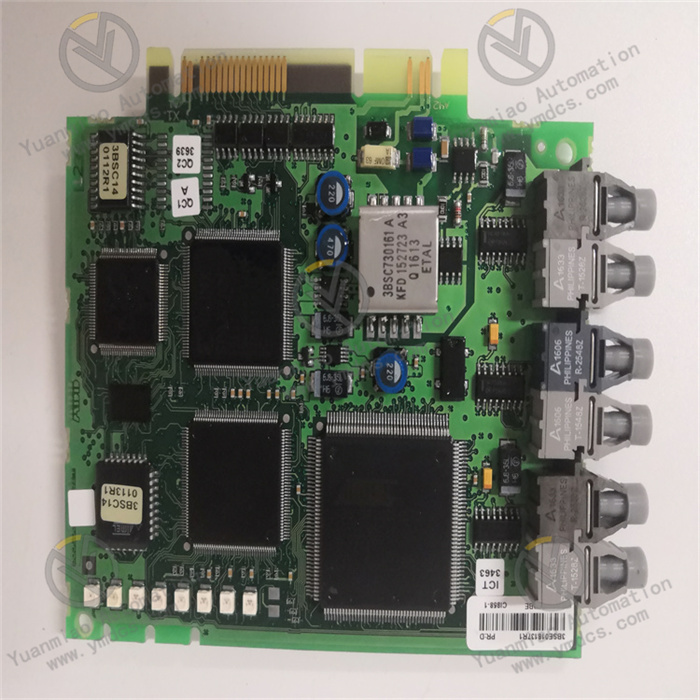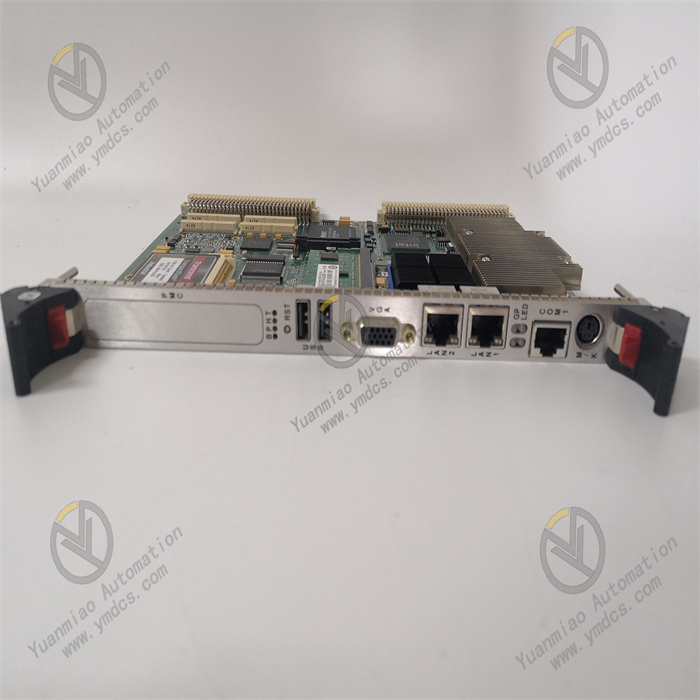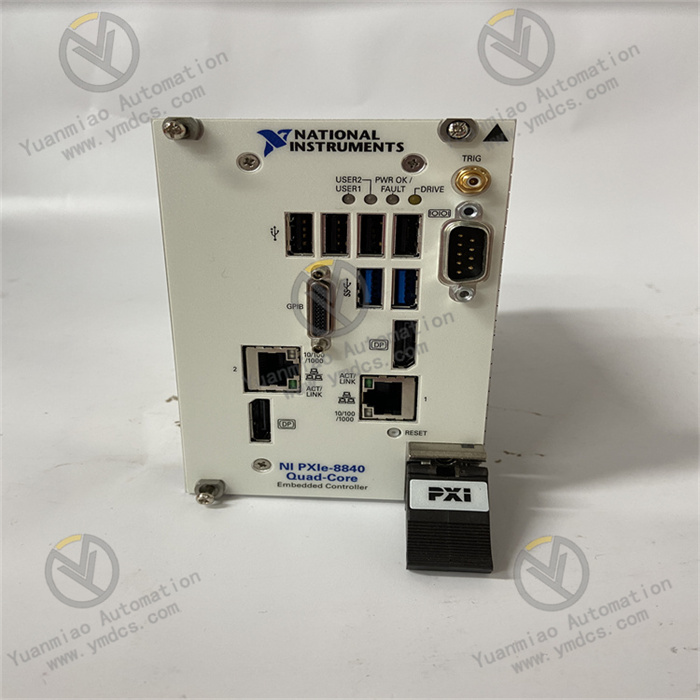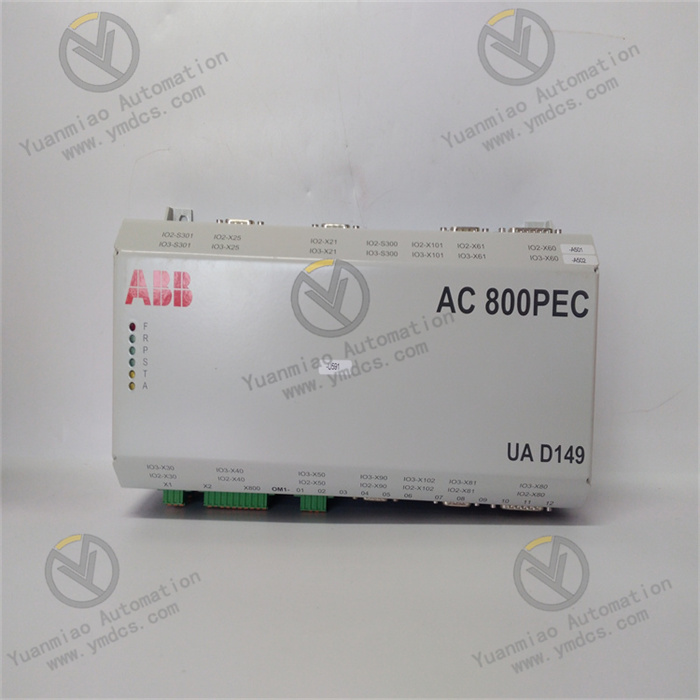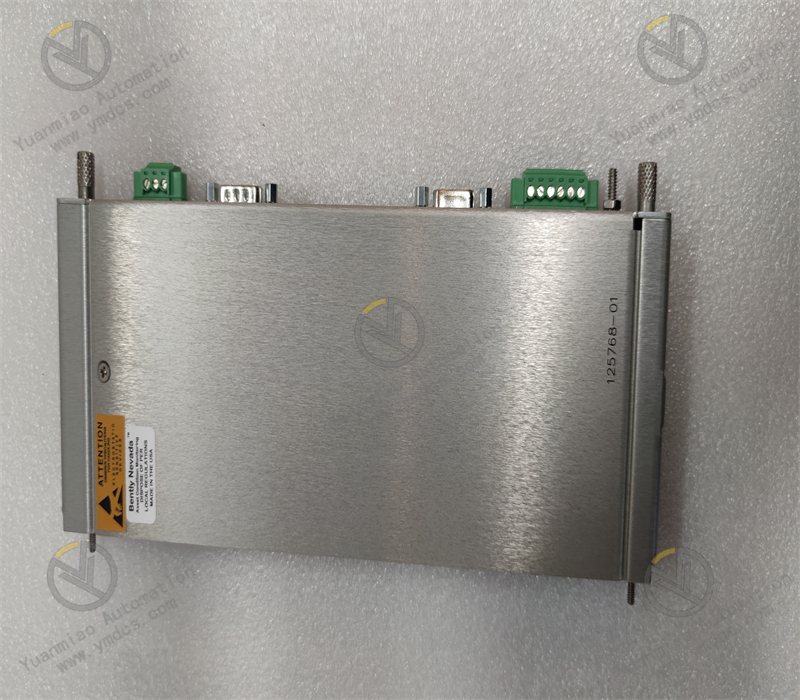Description
GE DS200SIOBH1ABA
The GE DS200SIOBH1ABA is a high-performance industrial control module developed by General Electric (GE), designed for complex automation systems. As a key component of GE's DS200 series, this module integrates reliable hardware architecture and advanced control algorithms, serving as an interface for signal input/output (I/O) and system coordination in industrial applications such as power generation, manufacturing, and process control.
- Input Voltage: 24V DC (±10% tolerance)
- Power Consumption: ≤15W
- Voltage Protection: Transient overvoltage suppression (TVS diodes)
- Analog Inputs: 8 channels (0-10V DC / 4-20mA)
- Analog Outputs: 4 channels (0-10V DC / 4-20mA)
- Digital I/O: 16 channels (24V DC, opto-isolated)
- Resolution: 12-bit (analog), 16-bit (digital)
- RS485 (Modbus RTU)
- Ethernet (Modbus TCP/IP)
- CANopen (optional)
- Operating Temperature: -40°C to +70°C
- Storage Temperature: -55°C to +85°C
- Humidity: 5%-95% (non-condensing)
- Protection Level: IP20
- Dimensions: 140mm × 100mm × 45mm
- Weight: Approximately 0.9kg
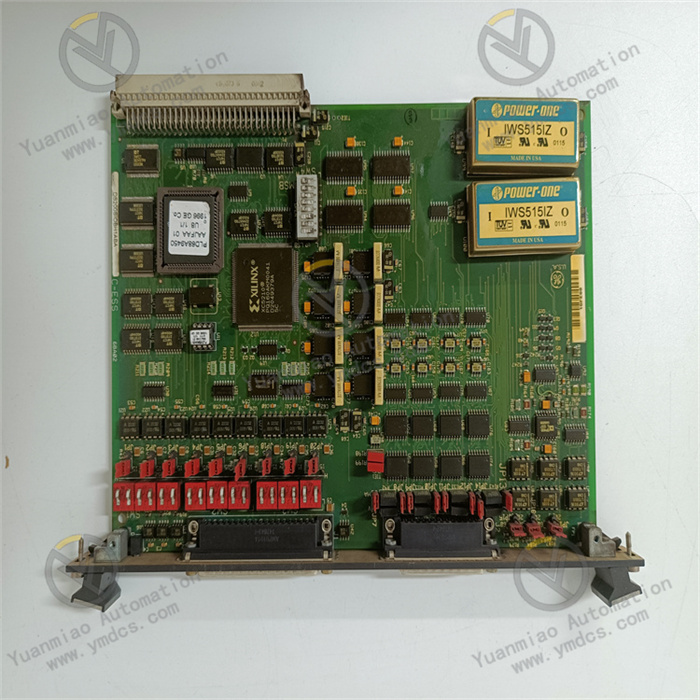
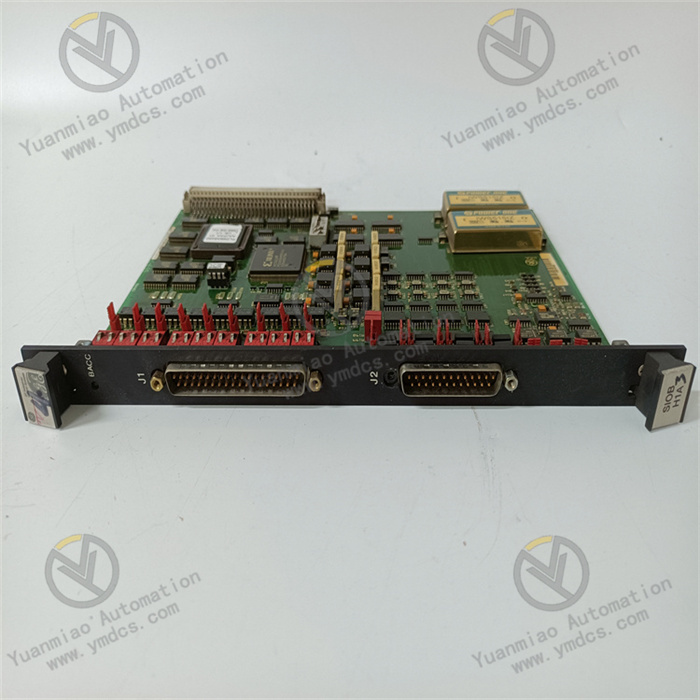
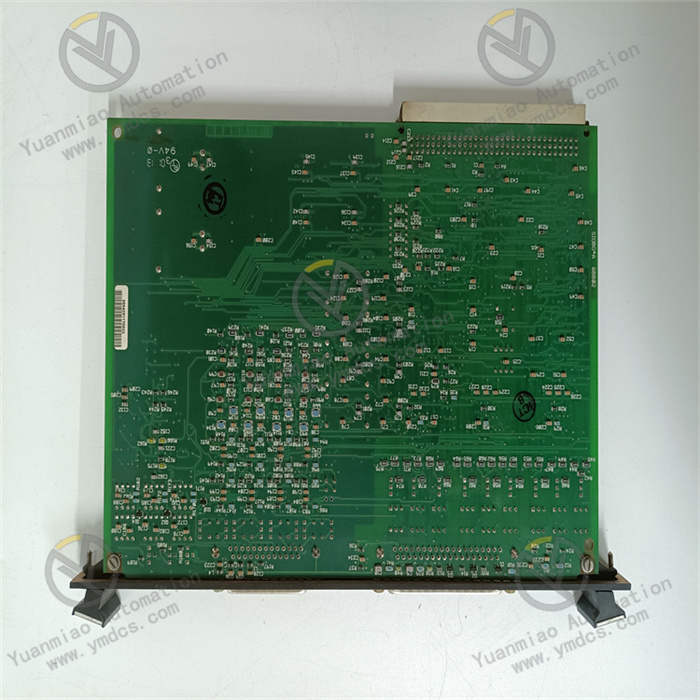
Supports simultaneous acquisition and processing of analog and digital signals, enabling real-time monitoring of parameters like voltage, current, and temperature. It converts field signals into standardized outputs for control systems.
Compatible with industry-standard protocols (Modbus, CANopen), allowing seamless integration with PLCs, SCADA systems, and HMIs. It facilitates remote configuration and data logging for efficient system management.
Built-in overvoltage, overcurrent, and ESD protection safeguards against transient faults. Opto-isolated I/O channels prevent ground loops and electromagnetic interference, enhancing system reliability.
Enables module replacement without powering down the system, minimizing downtime. The standardized structure supports easy expansion of I/O capacity to meet evolving production needs.
- Ensure the power is off before mounting the module on a DIN rail or control panel.
- Connect 24V DC power supply to the designated terminals, ensuring correct polarity.
- Wire analog/digital I/O signals using shielded cables to minimize interference.
- Use GE's dedicated software (e.g., Proficy Machine Edition) to set parameters via RS485 or Ethernet.
- Configure I/O mapping, communication protocols, and signal scaling according to application requirements.
- Power on the system and check the status LED: green for normal operation, red for fault.
- Perform signal loop testing to verify analog input/output accuracy and digital I/O responsiveness.
- Regularly clean the module's heat sink to prevent dust accumulation.
- Monitor input voltage stability and check for loose connections in terminals.
- Update firmware periodically via GE's official platform to ensure optimal performance.
- Refer to the module's front-panel LED fault codes and follow troubleshooting steps in the manual (e.g., E003 for overvoltage).
- For persistent issues, contact GE technical support and provide the fault log for professional diagnosis.
![]()






